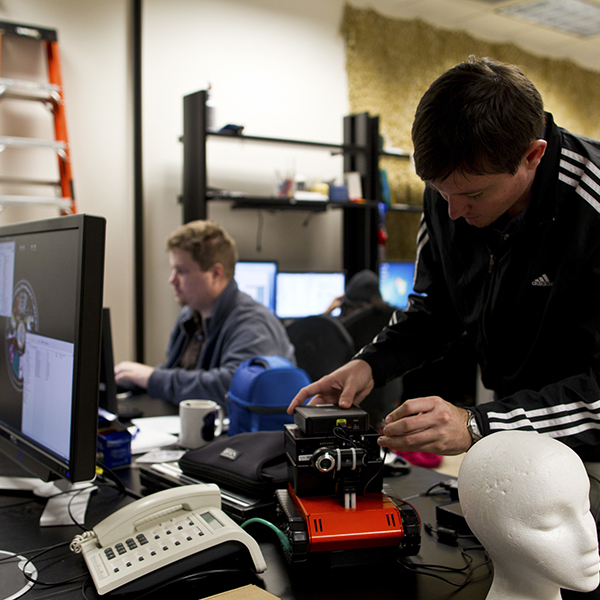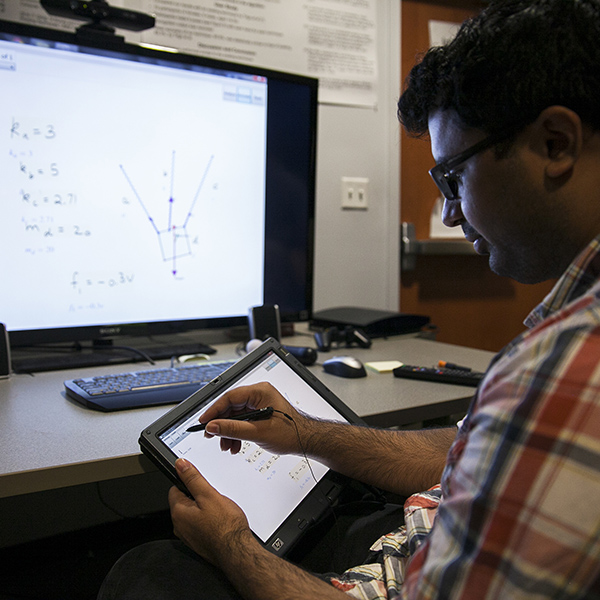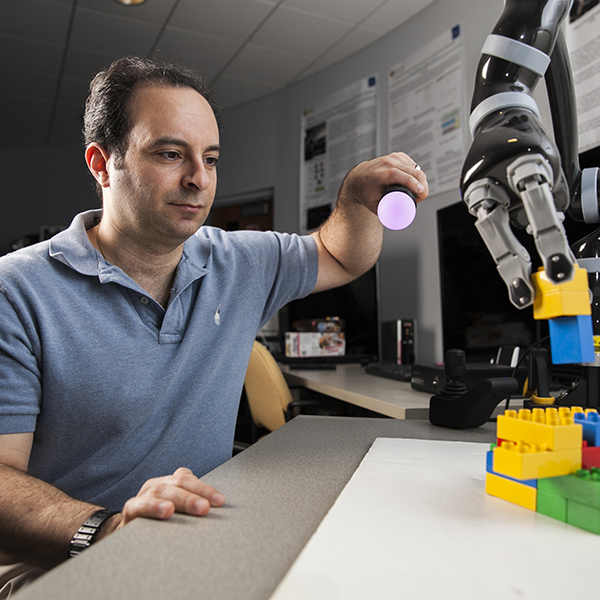Overview
Bioinformatics is an interdisciplinary field to study various biological problems using advanced computational and statistical methods. With large-scale high-throughput biological data rapidly accumulated, this fast-growing field has become an indispensable part to biology research, also an important avenue for computer scientists to study biological problems. Bioinformatics research at UCF CS focuses on the following several areas: computational genomics, metagenomics, non-coding RNA and RNA genomics, systems biology to model gene protein interactions and gene regulation, and machine learning and data mining algorithms to integrate massive biological data and networks.
Computational systems biology is the new and upcoming inter-disciplinary science that combines approaches from dynamical systems, control theory, formal methods, and process algebra to study the complex interactions within and among biological systems. Building on the existing success of bioinformatics and bio-imaging research, computational systems biology constructs mathematical and computational models so as to facilitate a holistic understanding of biological systems; hence, it differs fundamentally from the reductionist view of traditional studies in life sciences. Together with partners from medical schools and national laboratories, we are studying translational computational systems biology with applications in drug design, metabolic networks, clinical-decision making, and the design of verified biomedical cyber-physical systems.
















